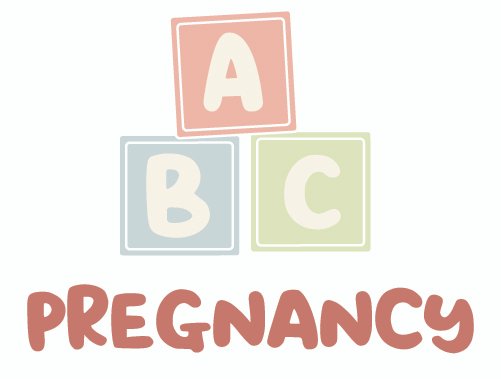This is not medical advice. Please consult a physician about any of your pregnancy questions and concerns.
Pregnancy tests are a crucial tool for women who suspect they may be pregnant or are actively trying to conceive. These tests, available over-the-counter or through healthcare providers, provide a reliable and convenient way to confirm pregnancy. In this article, we’ll delve into the types of pregnancy tests, how they work, when to take them, and what to do after receiving the results.

Types of Pregnancy Tests:
There are two primary types of pregnancy tests: urine tests and blood tests.
- Urine Tests: Urine pregnancy tests, also known as home pregnancy tests (HPTs), are widely available at pharmacies and can be performed in the comfort of your own home. These tests detect the presence of human chorionic gonadotropin (hCG), a hormone produced by the placenta shortly after implantation. Urine tests come in various formats, including traditional strips, midstream tests, and digital tests, each offering different levels of convenience and ease of use.
- Blood Tests: Blood pregnancy tests, also known as quantitative hCG tests or beta hCG tests, are typically administered by healthcare professionals. These tests measure the exact amount of hCG in the blood and can provide more accurate results than urine tests, especially in early pregnancy or in cases where a woman’s hCG levels are expected to be low.
How Pregnancy Tests Work:
Both urine and blood pregnancy tests detect the presence of hCG, albeit through different methods.
- Urine Tests: In urine tests, a reactive chemical in the test strip or device interacts with hCG present in the urine sample, producing a visible result such as a color change or a digital display indicating whether the test is positive or negative.
- Blood Tests: Blood pregnancy tests measure the concentration of hCG in the bloodstream. A small sample of blood is drawn from a vein, usually in the arm, and sent to a laboratory for analysis. The results are typically available within a few hours to a few days, depending on the testing facility.
When to Take a Pregnancy Test:
The timing of a pregnancy test can significantly impact its accuracy. For the most reliable results:
- Urine Tests: It’s generally recommended to wait until the first day of a missed period to take a urine pregnancy test. Testing too early may yield a false negative result due to low hCG levels.
- Blood Tests: Blood pregnancy tests can detect hCG in the bloodstream earlier than urine tests, often as early as 7-12 days after conception. These tests may be recommended for women who are experiencing symptoms of pregnancy before their expected period or who require confirmation of early pregnancy for medical reasons.
Interpreting the Results:
Interpreting the results of a pregnancy test is relatively straightforward:
- Positive: A positive result indicates the presence of hCG, suggesting pregnancy. It’s essential to confirm the result with follow-up testing and consult with a healthcare provider to initiate prenatal care.
- Negative: A negative result indicates that hCG was not detected in the sample, suggesting the absence of pregnancy. However, false negatives can occur if the test is taken too early or if it is not performed correctly. If pregnancy is still suspected despite a negative result, retesting after a few days or consulting with a healthcare provider is recommended.
What to Do After Receiving the Results:
Regardless of the result, it’s essential to take appropriate steps afterward:
- Positive Result: If the test is positive, schedule an appointment with a healthcare provider to confirm the pregnancy and discuss prenatal care options. Early prenatal care is crucial for ensuring a healthy pregnancy and baby.
- Negative Result: If the test is negative but pregnancy is still suspected, consider retesting after a few days or consulting with a healthcare provider for further evaluation. Additionally, if pregnancy is not desired, discuss contraception options with a healthcare provider to prevent unintended pregnancy in the future.
In conclusion, pregnancy tests are invaluable tools for women seeking to confirm pregnancy and take proactive steps toward prenatal care. By understanding the types of tests available, how they work, when to take them, and how to interpret the results, women can make informed decisions about their reproductive health and well-being.
